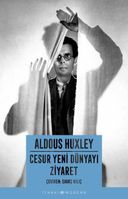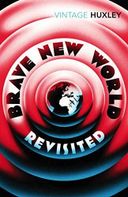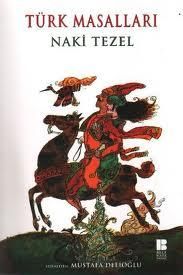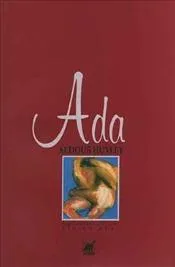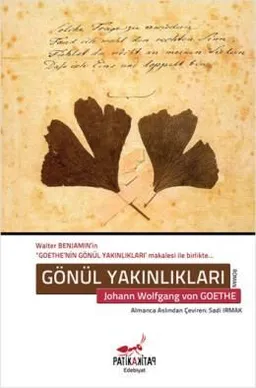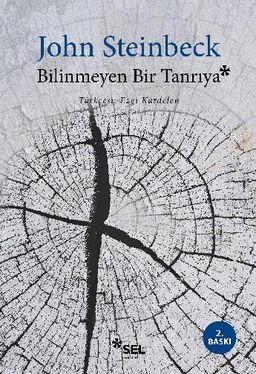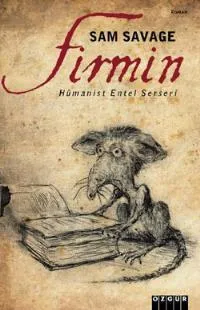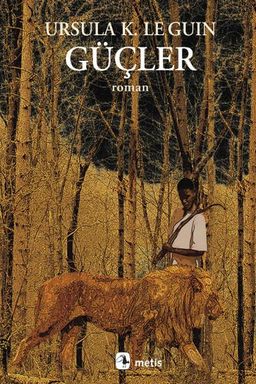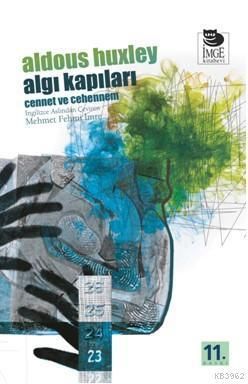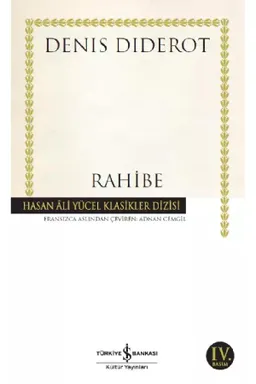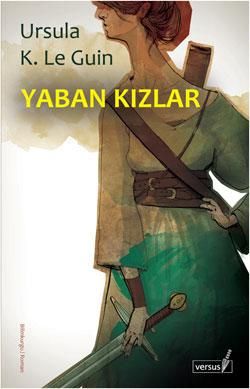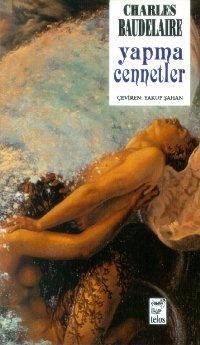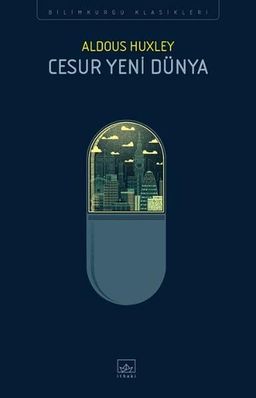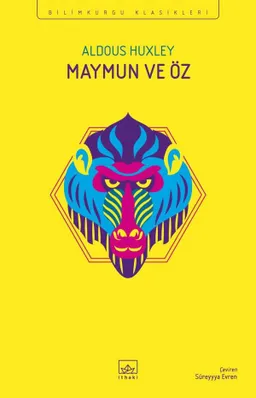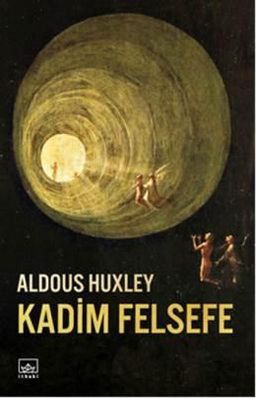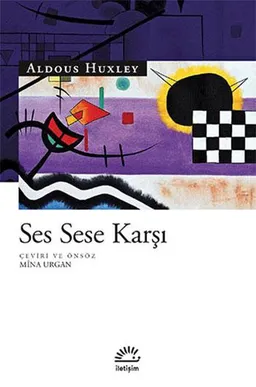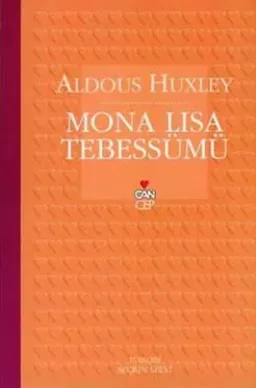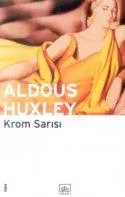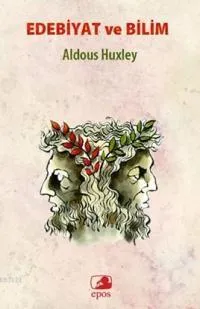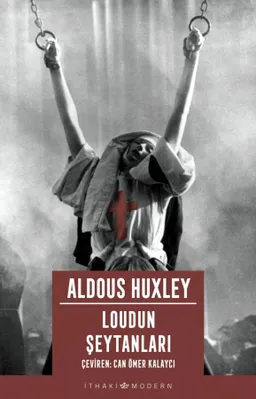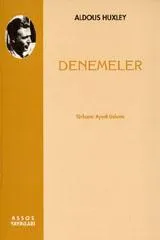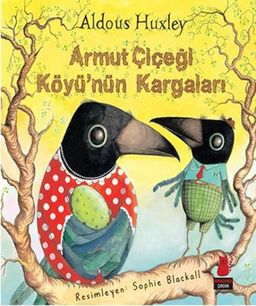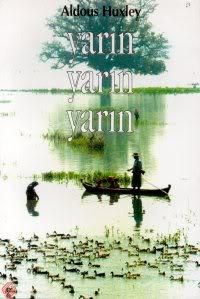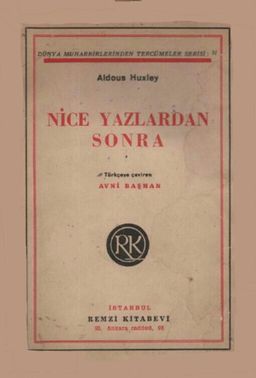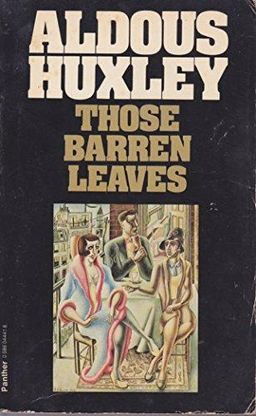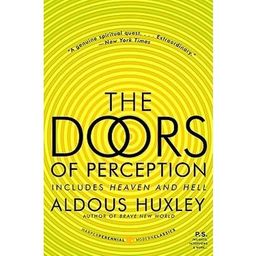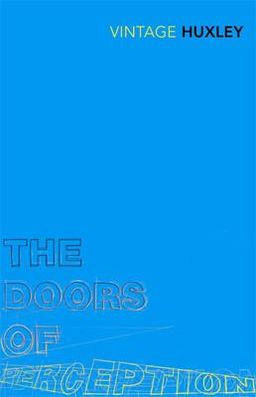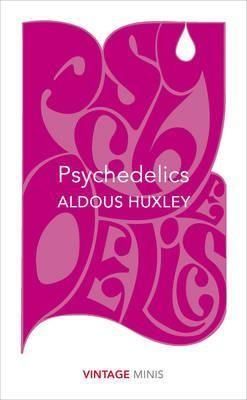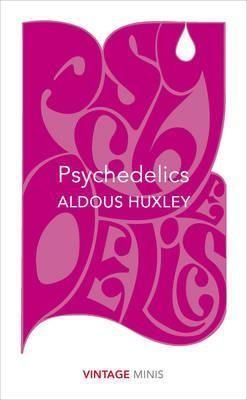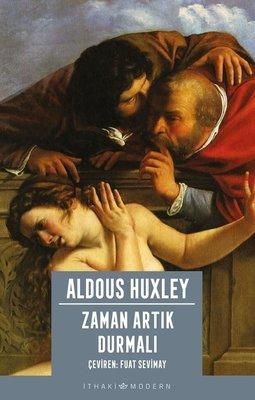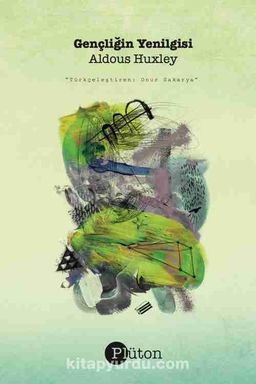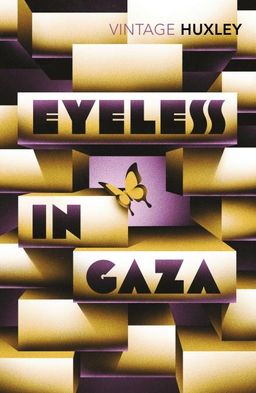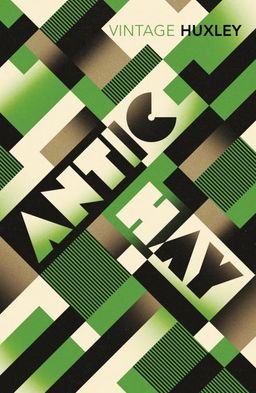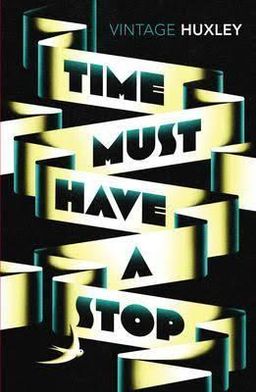Cesur Yeni Dünyayı Ziyaret
Aldous HuxleyAbout Cesur Yeni Dünyayı Ziyaret
Cesur Yeni Dünyayı Ziyaret subject, statistics, prices and more here.About
Yirminci yüzyılda hem edebiyata hem de felsefeye büyük katkılar sağlayan, başta Cesur Yeni Dünya, Algının Kapıları ve Ada olmak üzere yazdığı elli kadar kitapla yalnızca çağını değil çağdaşlarını da derinden etkileyen, döneminin en önemli entelektüellerden İngiliz yazar Aldous Huxley, yedi kez de Nobel Edebiyat Ödülü’ne aday gösterildi. Başyapıtı Cesur Yeni Dünya’nın güncelliğini sorgulayan ve panoramasını çıkaran Cesur Yeni Dünyayı Ziyaret, Huxley’nin kaynak eserinin bir sağlaması niteliğinde.
Cesur Yeni Dünya’dan yaklaşık otuz sene sonra yayımlanan eser, romandaki kehanetlerin ne ölçüde gerçekleştiğini mercek altına alıyor. Romanı yazarkenki öngörülerinin izini süren Huxley, dünyanın, tasavvur ettiği distopyaya çok daha büyük bir hızla dönüştüğü sonucuna varıyor.
Nüfus artışından uyuşturucu kullanımına kadar pek çok konuda fikirlerini belirten Huxley, bu kitabıyla birlikte Cesur Yeni Dünya’yı yeniden ele alırken bir diğer romanı Ada için de köprüler kuruyor.
“Huxley’nin uzak bir geleceğe dair satirik öngörülerinin bu kadar kısa sürede gerçeğe dönüştüğünü keşfetmek dehşet verici.”
-New York TImes-
“Çağımızın belirsizliğinde bize kim olduğumuzu gösteren şeylerden biri de Huxley’nin dehasıdır.”
-Margaret Atwood-
Author: Aldous Huxley
Translator: Savaş Kılıç
Türler:
#43 Sağlık-Tıp türünde#572 Dünya Klasikleri türünde#190 Siyaset-Politika türünde#203 Bilim-Kurgu türünde#450 Felsefe-Düşünce türünde#304 Psikoloji türünde#396 Deneme-İnceleme türünde#447 İnsan ve Toplum türünde#69 Bilim-Teknoloji-Mühendislik türünde#89 Sosyoloji türünde#5 İletişim-Medya türünde
Estimated Reading Time: 3 hrs. 38 min.Page Number: 128Publication Date: October 2018First Publication Date: 1958Publisher: İthaki YayınlarıOriginal Title: Brave New World RevisitedISBN: 9786053758617Country: TürkiyeLanguage: TürkçeFormat: Karton kapak
Book Statistics
Reader Profile of the Book
Kadın% 43.5
Erkek% 56.5
0-12 Yaş
13-17 Yaş
18-24 Yaş
25-34 Yaş
35-44 Yaş
45-54 Yaş
55-64 Yaş
65+ Yaş
About the Author
Aldous HuxleyYazar · 25 books
This text has been automatically translated from Turkish. Show Original
Aldous Huxley; (b. 26 July 1894, Godalming, Surrey, England - d. 22 November 1963, Los Angeles, USA), British writer and critic. Known for his elegant and satirical style, he turned towards Eastern thought and mysticism in his last years.
He came from the Huxley family, which raised many famous scientists and artists. He studied at Eton College, Oxford, between 1908-11. He had to take a break from his education when he was in danger of going blind due to an eye disease. He later graduated from Balliol College (1915). He wrote a very long novel when he was only 17; but this work was never published. Huxley, who worked in various newspapers and magazines during World War I, married Belgian Maria Nys in 1919. He lived in Italy with his family between 1923-30. He gained success with his first novels such as Antic Hay (1923) and Point Counter Point (1928; Ses Sese Karşı, 1961-62, 2 volumes, 1978), which reveal his literary sophistication and intelligence as well as his interest in human relations. The hero of Voice Against Voice is D.H., with whom he was friends in Italy. He created it inspired by Lawrence. In Brave New World (1932; New World, 1945/Brave New World, 1989), he described a future world in which no individual could escape scientific control and conditioning. The work, which is a warning against the power of technology, is considered one of the classics of the counter-utopia genre.
Huxley, who settled in the USA in 1937, worked on screenplays in Hollywood as well as his novels and essays. After his wife's death, he married Italian violinist Laura Aschera in 1956. In his works of this period, some themes gained prominence that would inspire the youth subcultures of the 1960s; In The Doors of Perception (1954; Sezgi Kapıları, 1975), he described his experiments with hallucinogenic drugs, and in Island (1962; Island, 1983), he created a utopia based on Eastern mysticism and Western science enriched with perception-stimulating drugs. He collected his essays and reviews in books such as Collected Essays (1958; Essays, 1976), Literature and Science (1963; Literature and Science), The Politics of Ecology (1963; Ecology Policy).
Huxley's other works include The Defeat of Youth (1918), Limbo (1920), Crome Yellow (1921), Jesting Pilate (1926), Eyeless in Gaza (1936). ), After Many a Summer Dies the Swan (1940; After Many Summers, 1946), Gray Eminence (1941; Shadow Office), The Perennial Philosophy (1946; Infinite Philosophy), Ape and Essence (1949; Monkey and Essence). .
Books
Cesur Yeni Dünya
7.7/10
Algı Kapıları
7.6/10
Ada
7.5/10
Cesur Yeni Dünyayı Ziyaret
8.1/10
Maymun ve Öz
7.1/10
Kadim Felsefe
7.9/10
Ses Sese Karşı
8/10
Mona Lisa Tebessümü
7.1/10
Krom Sarısı
7.7/10
Edebiyat ve Bilim
7/10
Loudun Şeytanları
7.1/10
Denemeler
9/10
Armut Çiçeği Köyü'nün Kargalar...
8.7/10
Yarın Yarın Yarın
8/10
Nice Yazlardan Sonra
0/10
Those Barren Leaves
8/10
The Doors of Perception and He...
0/10
The Doors of Perception: And H...
0/10
Psychedelics
0/10
Psychedelics
0/10
Zaman Artık Durmalı
8.2/10
Gençliğin Yenilgisi
8/10
Eyeless in Gaza
0/10
Antic Hay
0/10
Time Must Have a Stop
0/10
